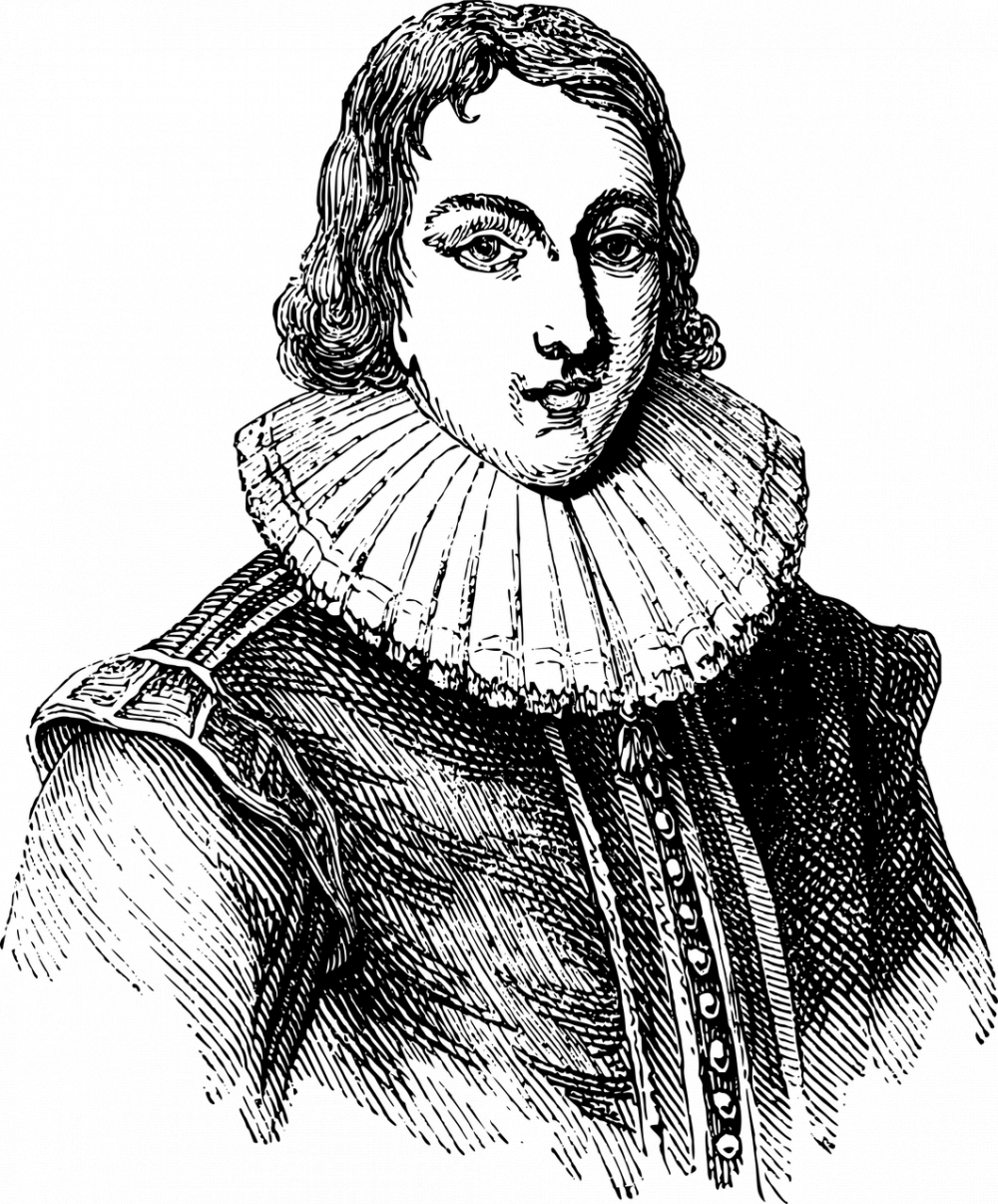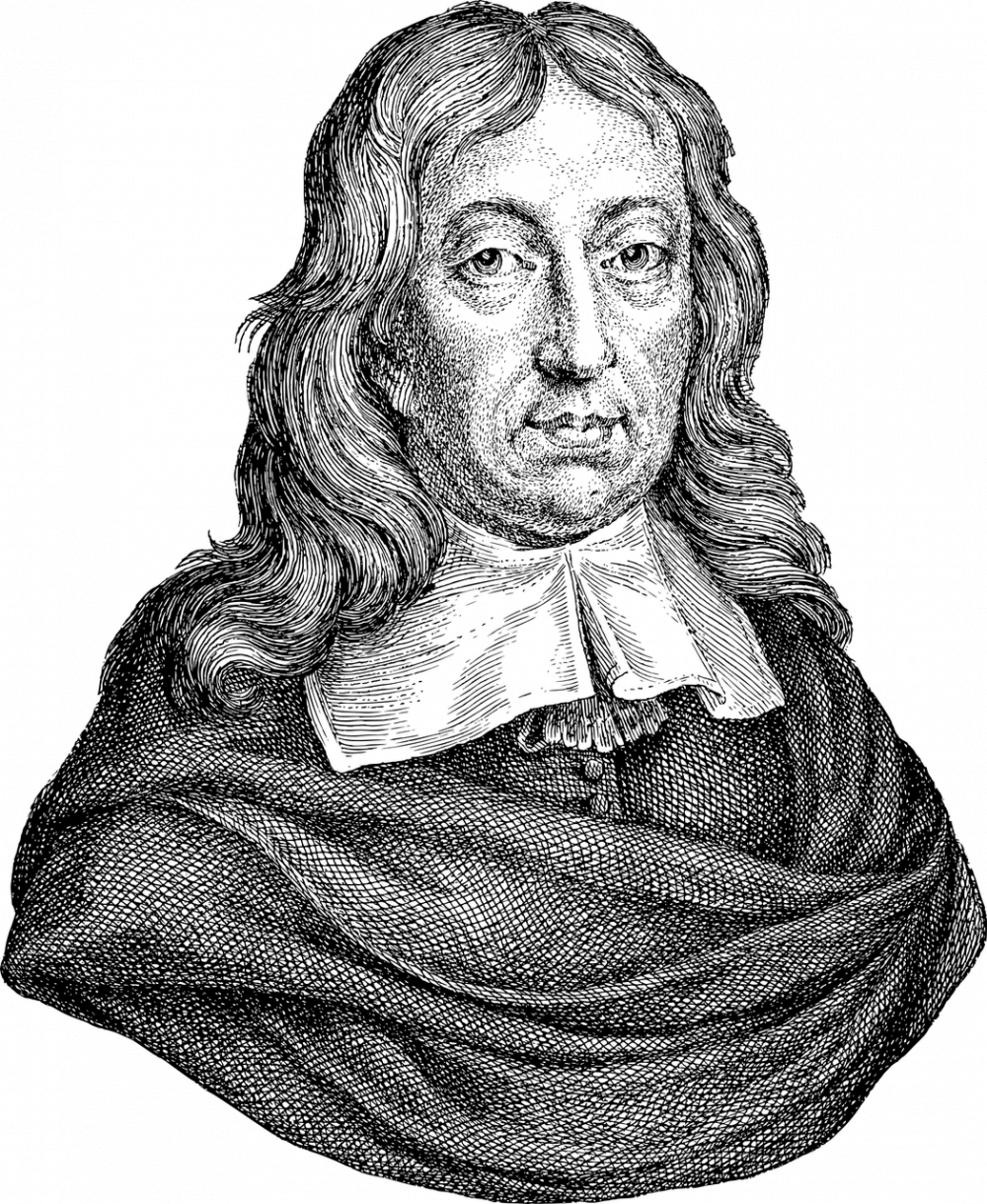George Orwell: A Visionary Writer and Social Critic

Introduction:
George Orwell, born Eric Arthur Blair in 1903, was a prolific British author, journalist, and essayist renowned for his prescient works that scrutinized the political and social landscape of his time. His writings, marked by a distinct combination of lucidity and storytelling, continue to resonate with readers today. This article aims to provide a comprehensive overview of Orwell’s life, his evolution as a writer, and his enduring impact on literature and society.
I. Early Life and Influences:

George Orwell’s formative years were defined by his experiences growing up in colonial India and his education in England. These factors profoundly shaped his perspectives on imperialism, class systems, and social injustices. Orwell’s early writings focused on capturing the essence of poverty, inequality, and the dehumanizing effects of authoritarianism.
II. Orwell’s Works:
A. Animal Farm:
One of Orwell’s most widely read works, “Animal Farm” (1945), is a compelling allegorical novella that uses a group of farm animals to explore the corruption of power and the dangers of totalitarianism. The story’s vivid characters and evocative prose make it a captivating read for students and intellectuals alike.
B. Nineteen Eighty-Four:
Considered Orwell’s masterpiece, “Nineteen Eighty-Four” (1949) paints a grim picture of a dystopian future ruled by an all-powerful regime known as “Big Brother.” The novel’s depiction of surveillance, thought control, and the suppression of individuality remains profoundly relevant in the face of modern-day concerns about privacy and government overreach.
III. Orwell’s Historical Impact:
A. Political and Social Commentary:
Orwell’s works function not only as literary masterpieces but also as profound social commentaries. His acute analysis of the human condition and political realities provided a voice for the marginalized and oppressed. Orwell’s ability to expose the hypocrisies and dangers of totalitarian regimes earned him a seminal place in political literature.
B. Legacy and Influence:
Orwell’s writings have inspired countless individuals, from activists to fellow authors, to challenge authoritarianism and fight for freedom of expression. His neologisms, such as “Big Brother” and “thoughtcrime,” have become ingrained in popular culture, reflecting the enduring impact of his ideas and concepts.
IV.
To delve deeper into George Orwell’s life and works, watch the video below, where experts and scholars provide insightful commentary on his profound influence and the relevance of his writings in today’s world.
[Insert video about George Orwell here]
Conclusion:
George Orwell’s contributions to literature and social criticism have left an indelible mark on the literary canon. Through his astute observations, Orwell identified and dissected the forces that threaten individual freedom, truth, and societal well-being. Whether through “Animal Farm” or “Nineteen Eighty-Four,” his works serve as timeless reminders of the importance of vigilance, critical thinking, and the fight against oppressive systems. As we navigate the complexities of the modern world, Orwell’s writings stand as guiding beacons for those who seek to question authority and safeguard liberty.





